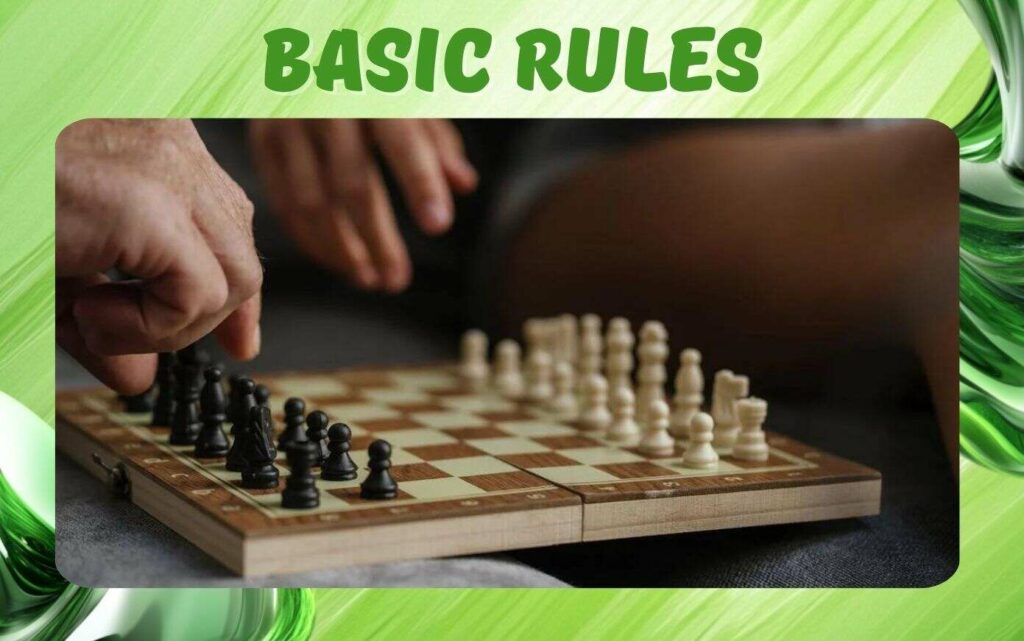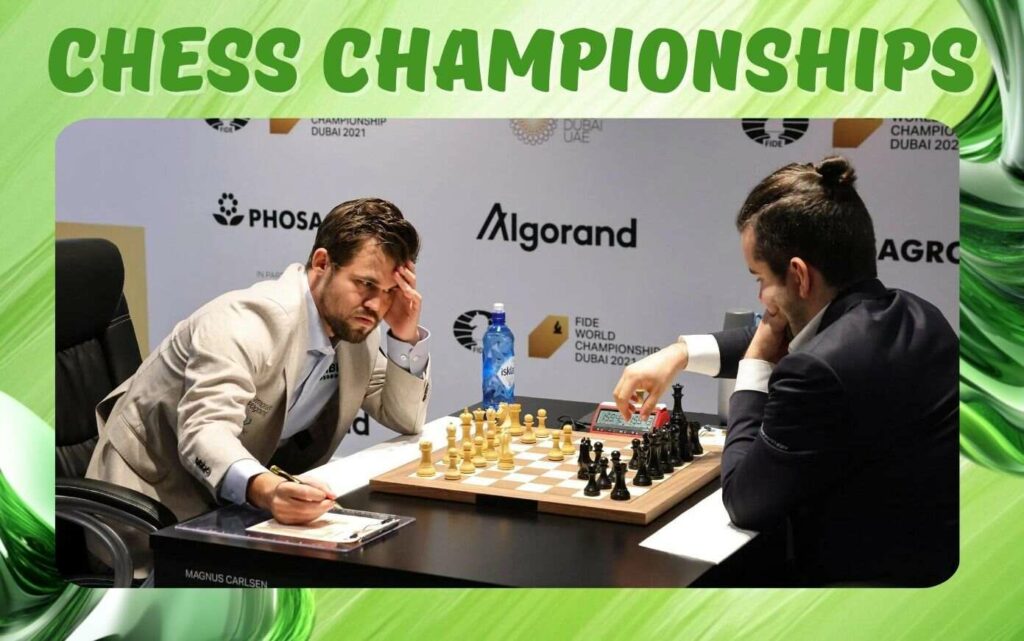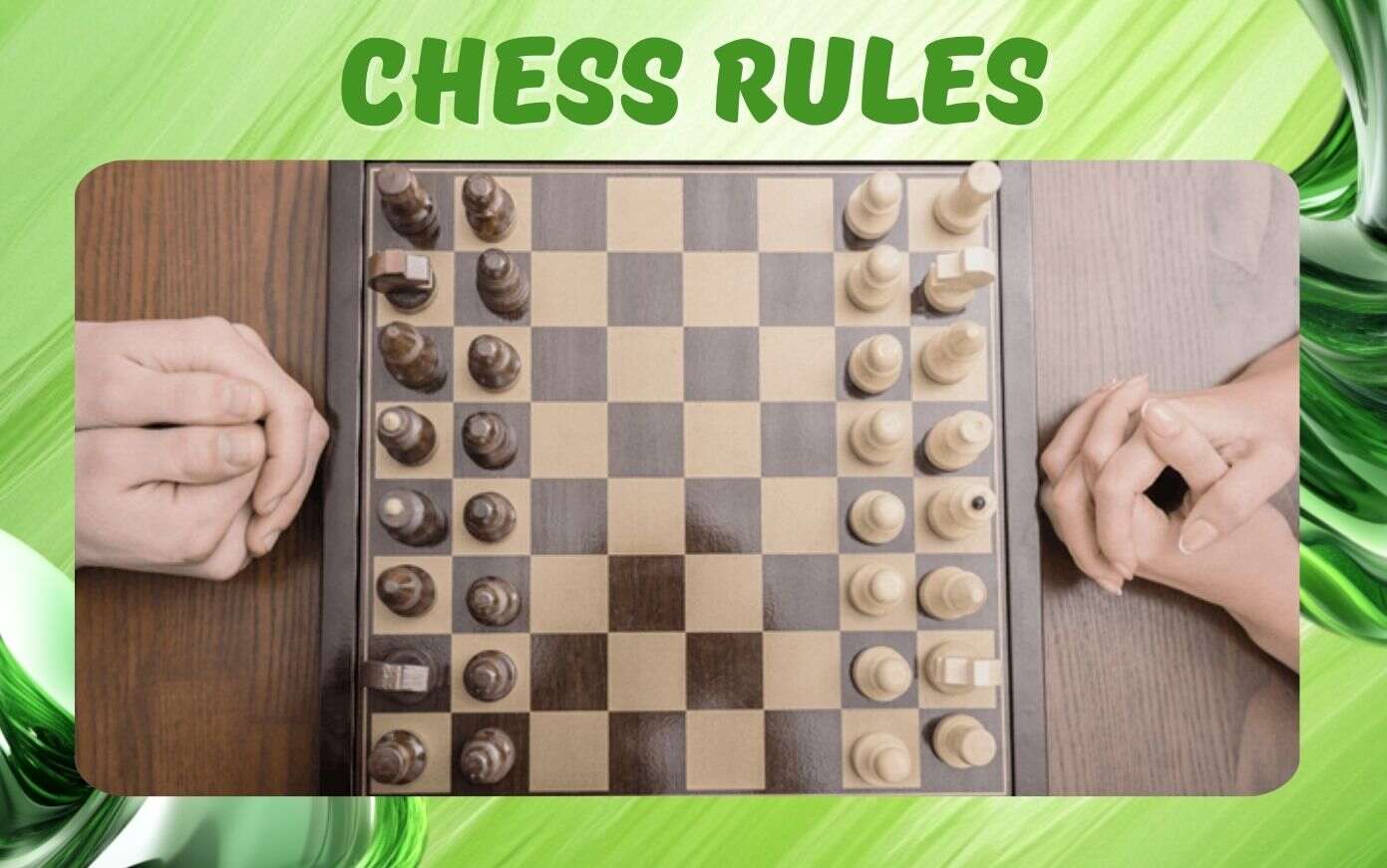Chess is a timeless game that combines strategy, skill, and intellect. Whether you’re a beginner or an experienced player, understanding the rules is crucial. In this article, we’ll explore the basics of chess, its status as a sport, and much more.
Chess is a two-player game that has been played for centuries. It is known for its deep strategic elements and the mental challenge it provides.
Is Chess a Sport?
Yes, chess is considered a sport. It is recognized by the International Olympic Committee and involves competitive play, mental endurance, and strategic planning, much like traditional sports.
What Are the Basic Rules of Chess?

Understanding the basic rules of chess is essential for anyone looking to play. Here are the key points:
- Objective: The goal is to checkmate your opponent’s king.
- Setup: Each player starts with 16 pieces: one king, one queen, two rooks, two knights, two bishops, and eight pawns.
- Moves: Each type of piece moves in a specific way. For example, rooks move horizontally or vertically, while bishops move diagonally.
- Special Moves: There are special moves like castling, en passant, and pawn promotion.
- Endgame: The game ends with checkmate, stalemate, or a draw.
Playing Chess Online
With the advent of technology, playing chess online has become incredibly popular. Websites like Chess.com and Lichess.org allow players to compete against others from around the world, participate in tournaments, and improve their skills through various tools and resources.
Chess Championships

The pinnacle of competitive chess is the World Chess Championship. This prestigious event determines the world champion and has a rich history of legendary matches. Other notable tournaments include the Candidates Tournament, the Chess Olympiad, and various national championships.
Chess Records
| Record | Chess Player | Description |
| Youngest Grandmaster | Sergey Karjakin | Achieved the title at the age of 12 years and 7 months in 2002. |
| Longest Time as World Champion | Emanuel Lasker | Held the title of World Chess Champion for 27 years, from 1894 to 1921. |
| Highest FIDE Rating | Magnus Carlsen | Achieved a peak FIDE rating of 2882 in 2014. |
| Longest Winning Streak | Bobby Fischer | Won 20 consecutive games in the World Championship Candidates Matches (1970-1971). |
| Most Games Played Simultaneously (Blindfolded) | Timur Gareyev | Played 48 games simultaneously while blindfolded in 2016, winning 35, drawing 7, and losing 6. |
| Most World Championship Titles | Garry Kasparov | Held the World Chess Champion title for 15 years (1985-2000) and won the title six times. |
| Youngest World Chess Champion | Garry Kasparov | Became World Chess Champion at the age of 22 years and 210 days in 1985. |
| Most Consecutive Tournament Victories | Garry Kasparov | Won 15 consecutive tournaments from 1981 to 1990. |
| Longest Unbeaten Streak | Magnus Carlsen | Remained unbeaten for 125 games in classical chess from July 31, 2018, to October 10, 2020. |
| Fastest Checkmate | Various | Achieved in two moves known as “Fool’s Mate.” |
| Most Simultaneous Games Played | Ehsan Ghaem Maghami | Played 604 simultaneous games in 2011, winning 580, drawing 16, and losing 8. |
| Oldest Grandmaster | Yuri Averbakh | Awarded the Grandmaster title at the age of 70. |
| First Female Grandmaster | Nona Gaprindashvili | Became the first woman to be awarded the title of Grandmaster in 1978. |
| Longest Reign as Women’s World Champion | Nona Gaprindashvili | Held the title of Women’s World Chess Champion for 16 years (1962-1978). |
| Most Games Played in a Year | Bent Larsen | Played 292 games in 1969. |
Chess has a fascinating array of records, from the longest game ever played to the youngest grandmaster. These records highlight the incredible achievements and milestones in the world of chess.
Chess Strategy for Beginners
Chess is a game of strategy and foresight. For beginners, understanding basic strategies is crucial to improving your game.
- Control the Center: Start by moving your pawns to d4 and e4 (or d5 and e5 for Black) to control the central squares. This provides your pieces more mobility and influence.
- Develop Your Pieces: Bring your knights and bishops into play early, aiming to position them where they can control important squares.
- King Safety: Castle early to protect your king and connect your rooks.
- Piece Coordination: Ensure your pieces support each other, working together to create threats and control the board.
- Pawn Structure: Maintain a solid pawn structure to avoid weaknesses.
- Tactics: Learn basic tactics like forks, pins, skewers, and discovered attacks. These can create significant advantages.
- Practice Regularly: Play often, study famous games, and use chess software to analyze your play. Patience and practice are key to becoming a better chess player.
